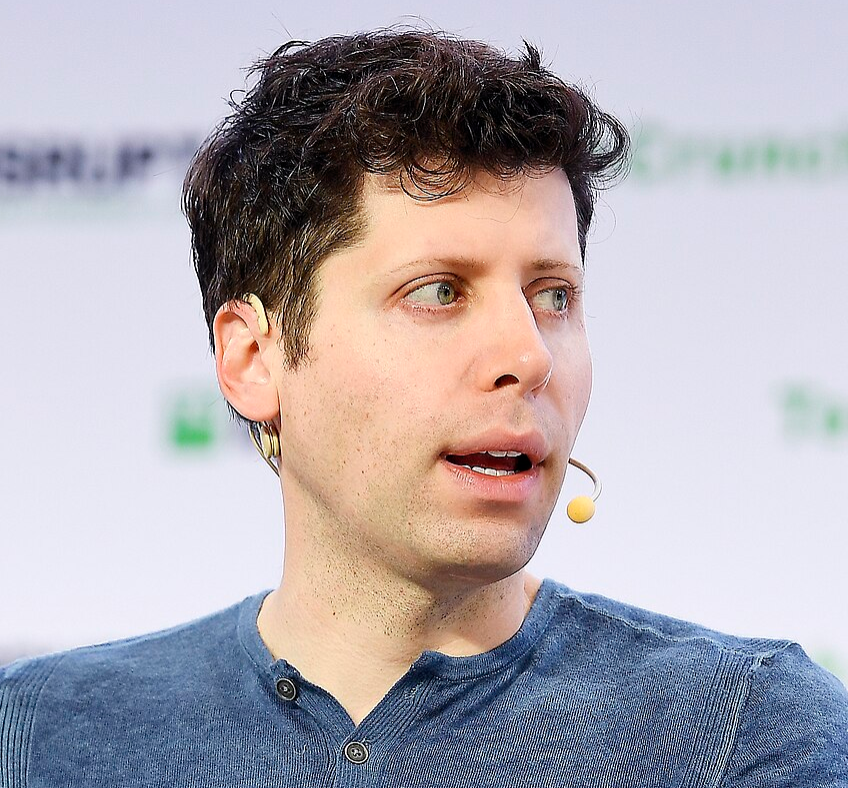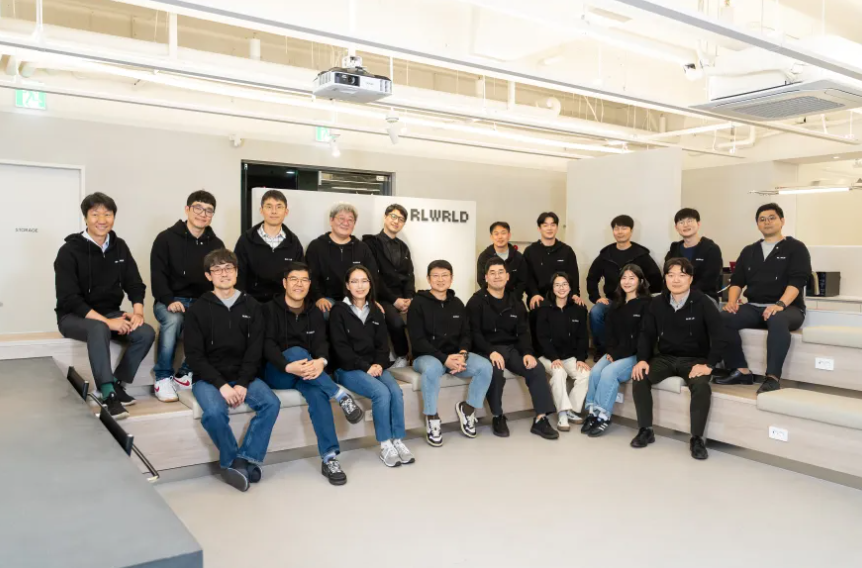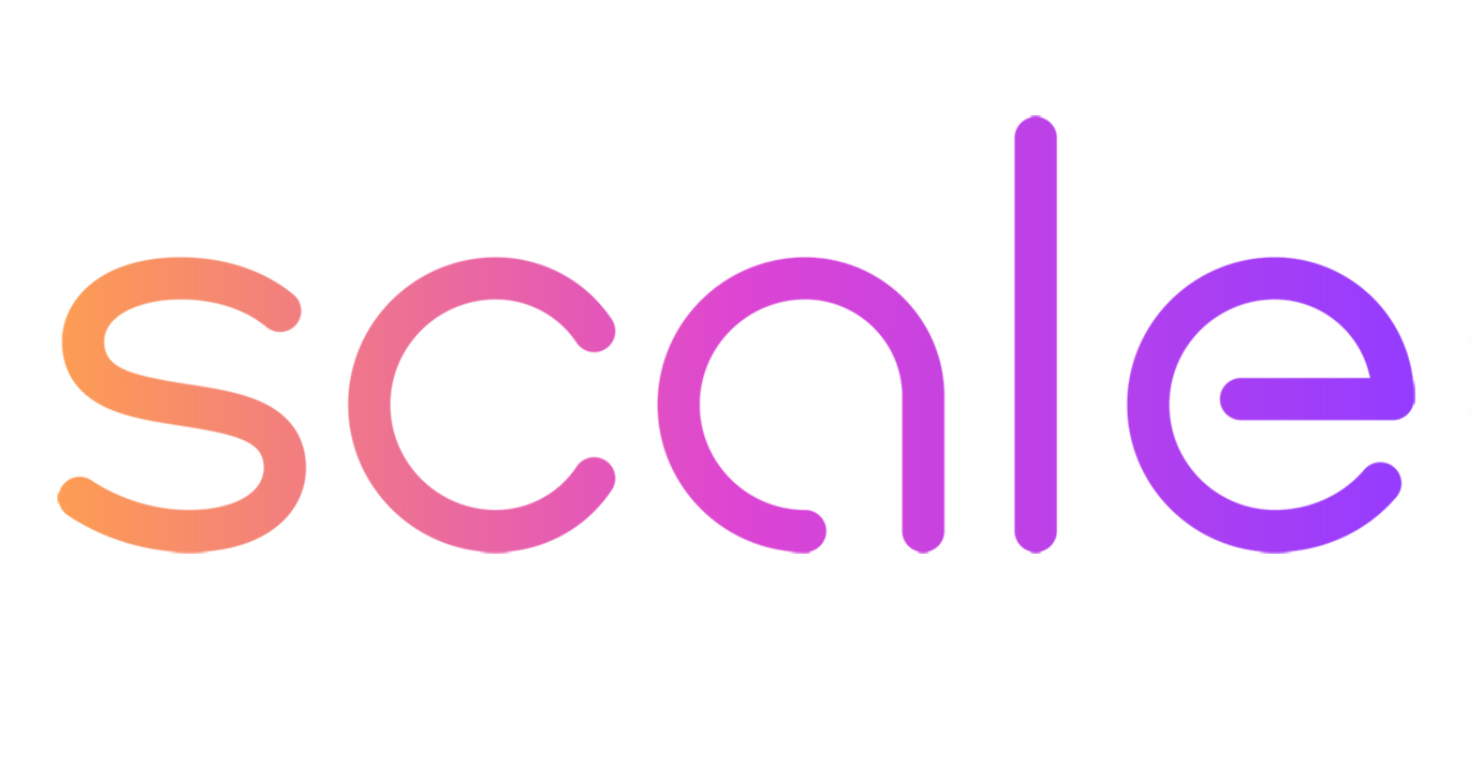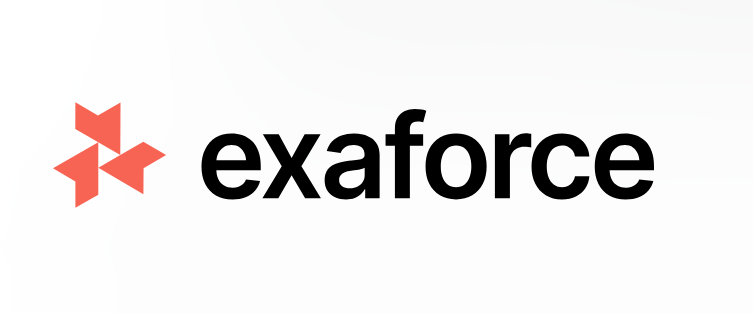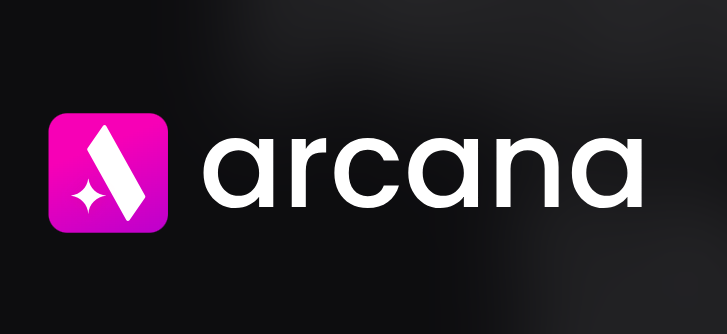In a fireside chat at Harvard University, OpenAI CEO Sam Altman discussed about artificial intelligence (AI), his journey and the future of OpenAI. Hosted by Patrick Chung, the conversation ranged from Altman’s early days to the societal implications of AI, offering insights into how AI will shape the future.
Altman, a visionary leader in the AI space, reflected on his path from a young entrepreneur to leading one of the world’s most influential AI companies. When asked what advice he would give to his younger self, he remarked: “I think that you can just do stuff in the world…you don’t need to wait, or you don’t need to get permission.” This self-driven philosophy has propelled him through his career, from his first startup Loopt to his current role at OpenAI.
As the discussion turned to AI, Altman addressed the immense potential it holds.
“I really like things that, if they work, really matter, even if they don’t have a super high chance of working,” he said, explaining his motivation for pursuing AI technology. While AI’s development wasn’t always a straight path, he and his team at OpenAI kept pushing forward with conviction. Altman recalled: “It was hard to figure out what to do. We thought, ‘Let’s do some research, let’s come up with some papers.’ But eventually, after a lot of stumbling in the dark, we did figure out something that turned out to be a product and a real business.”
One of the most pivotal moments for OpenAI was the development of large language models, which would become the foundation for products like ChatGPT.
“We started to understand that seeing the promise of language models it gets unbelievably, predictably better with scale. And we can just pour more resources into this,” Altman explained. This insight transformed OpenAI from a research lab into a company capable of creating tools that are now used by millions.
Altman also discussed the ethical dilemmas that come with advancing AI technology. One of the challenges OpenAI faces is deciding the limits of AI’s capabilities, such as whether ChatGPT should provide legal advice.
“There are a lot of people in the world who can’t afford legal advice, and if you can make it, even if imperfectly, available, maybe it’s better than not,” said Altman. However, the team at OpenAI must weigh the potential risks and benefits of each decision, often choosing caution to avoid unintended consequences.
Looking to the future, Altman is optimistic about the potential of AI to reduce inequality.
“If what’s about to happen is that the cost of cognitive labor is going to fall by a factor of a million, that should help poor people more than it helps rich people,” he said, believing that AI can democratize access to tools and resources that were previously only available to a privileged few, like high-quality medical or legal advice.
Despite the progress being made by AI, Altman remains mindful of the long-term implications of AI.
“I think it’s really important for society to figure out how we’re going to use this technology,” he said. He expressed a desire for society to collectively determine the rules for AI use, ensuring that it benefits humanity without crossing ethical boundaries.
To finish, Altman reflected on the importance of continuing to push AI forward: “We get up every morning trying to make the model much better.” For him, the future of AI is about constant progress and navigating the challenges along the way — challenges that he believes are worth facing to unlock AI’s full potential.
Featured image: Credit: TechCrunch Disrupt San Francisco 2019 — Day 2AuthorTechCrunch, Wikipedia
